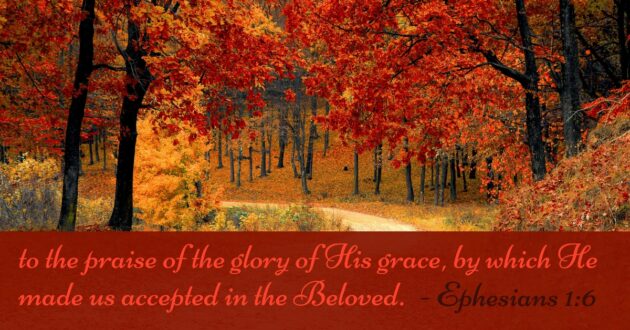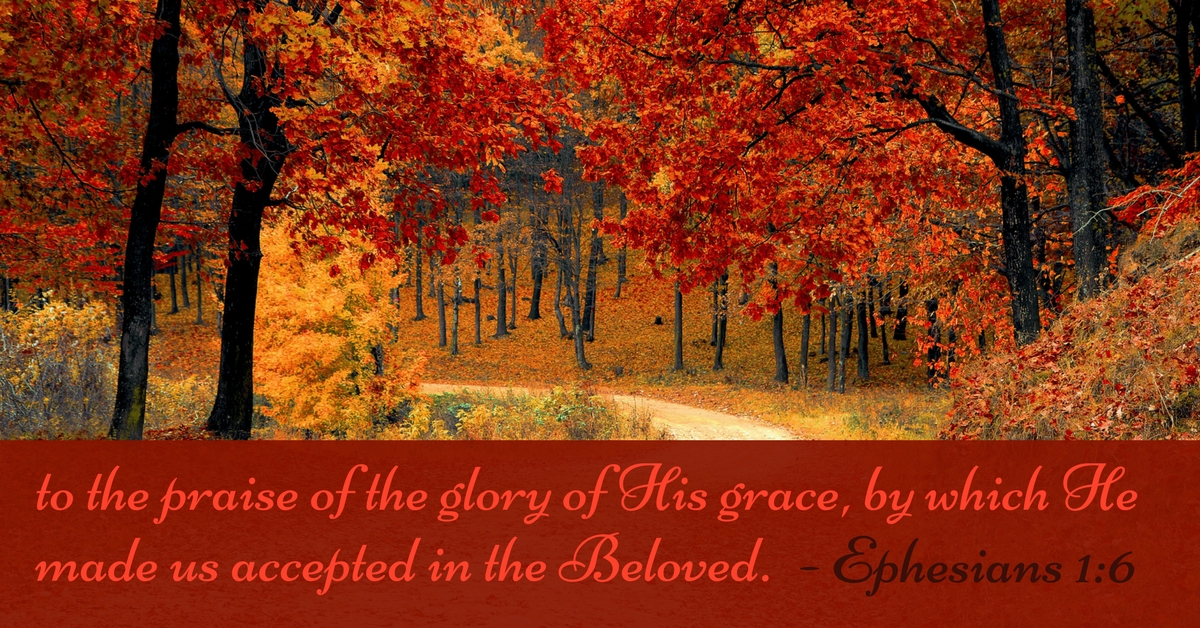The Pastor’s Piece
FCFI
June 16, 2024

There was a moment when Moses had the nerve to ask God what His name is. God was
gracious enough to answer, and the name He gave is recorded in the original Hebrew as
YHWH.
In order to pronounce it we added the vowels A and an E to get YAHWEH, presumably because
we have a preference for vowels but scholars and rabbis have noted that the letters YHWH
represent breathing sounds or aspirated consonants. When pronounced without intervening
vowels, it actually sounds like breathing.
YH (inhale) WH (exhale).
So a baby’s first cry, his first breath, speaks the name of God. The deep sigh calls His name –
or a groan or gasp that is too heavy for mere words. Even an atheist would speak His name,
unaware that their very breath is giving constant acknowledgment to God. Likewise, a person
leaves this earth with their last breath, when God‘s name is no longer filling their lungs.
So when I can’t utter anything else is my cry calling out His name? Being alive means I speak
His name constantly, so is it heard the loudest when I’m the quietest? In sadness, we breathe
heavy sighs, in our joys, our lungs feel almost like they will burst. In fear, we hold our breath and
have to be told to breathe slowly to help us calm down. When we’re about to do something
hard, we take a deep breath to find our courage.
When you think about it, breathing is giving Him praise. Even in the hardest moments! This is so
beautiful. God chose to give Himself a name that we can’t help but speak every moment we’re
alive. All of us, always, everywhere. Walking, sleeping, breathing, have the name of God on our
lips. – Author unknown
When I was young, my older brother got into and out of the sheep raising business. Then a few
years later, my younger sister took up the hobby again (and later got out of it too). A newborn
little lamb is about as cute as any animal can be. They are small and fuzzy and warm and feisty.
Most of the time the mama will take care of her baby right away at birth and within a very short
time (15 minutes) the baby lamb will be up and nursing. But with all the variables involved with
lambing, both mama lamb and baby lamb can become very vulnerable to death. As a result,
sheep farmers have mothers whose newborn lambs have died, and newborn lambs whose
mothers have died during the birthing process, leaving orphan lambs and lambless mothers. It
seems like a simple way to solve the problem would be to take the lambs without mothers and
give them to the mothers without lambs, but, of course, it’s never that simple.
If you take a little orphan lamb and put it in with a mother ewe, she will immediately go to it and
sniff it all over, and then she shakes her head as though to say, “Well, that’s not our family odor,”
and she butts it away and refuses to have anything to do with it. But the farmers have devised a
means of solving this. They take the mother’s own little dead lamb and skin it, and take the skin
and tie it onto an orphan lamb. Then they put the little lamb with this ungainly skin flopping
around, eight legs, and two heads, and put it in with the mother. She pays no attention at all to
the way it looks, but she sniffs it all over, and accepts it as her own. The little lamb goes to work
at the milk fountain, and all is well. What has happened? The orphan lamb has been accepted.
There came a time when God’s Lamb lay dead on our behalf and God took us orphans and
clothed us in His righteousness, His acceptability, His dearness and nearness to Him, and as a
result, we stand “accepted in the Beloved One,” received in His place, (Ephesians 1:6).

That is where repentance brings us – you come to God and say, “Yes, Lord, I’m the one, I’ve
been running from you, I’ve been hiding from you, I’ve been estranged from you. It’s because of
what I’ve done. No one else is to blame but me.” Then immediately God says, “I’ve taken care of
all that. My Lamb has died for you and you stand in His place, acceptable to me.” That is the
way you begin the Christian life. Repentance is the basis upon which the whole Christian life is
built. But that is also the way we continue in the Christian life. We must continually repent of
those areas where we fail or fall back upon a way of living which God has said is not right. As
you learn more and more of how the Christian life is to be lived according to the Scriptures, you
will find yourself repenting often, and living on a totally different basis.
(Kevin Cernek is Lead Pastor of Martintown Community Church in Martintown, Wisconsin
